Engum niraindha parabaramai oLi
Thangumidam adhondru illamalae;
Kangul pagalara nindra vidam adhai
Kandu kaLithanan thaanagi
Word meaning
Parabaram = Supreme god; oLi = light; kangul = night; pagan = daytime/morning;
Meaning
Ramana, as the Supreme Lord, filled the universe (everywhere) as Light, without any specific place to call his own, and took residence in the cave of heart that knows no day or night, and stayed there in complete bliss. (Parabaram meaning the supreme being is used by Saint Thayumanavar in Parabara KaNNi)
Bhagavan, the Supreme Light is not localised, he doesn’t belong to one place or certain period in time. He is everywhere, in all directions, at all times, shining in our hearts.
Whenever devotees, distraught at leaving him and his presence at the Ramanasram told him they didn’t want to leave him ,or pleaded with him as to how can they leave his presence, Bhagavan always replied, “Where are you going? Can you go away from Bhagavan? Bhagavan is always with you, is in you, in fact, you are Bhagavan.
On another occasion he said laughing, “Look, he says he is going where I am not”. To others expressing similar sentiments on leaving him, Bhagavan said, “The guru is always timeless. To talk of the guru in time, you bring death, birth, living, all this. There is only the guru principle win is the Heart of every one of us. And, “Guru is not the physical form. So the contact will remain even after the physical form of the guru vanishes.”
To another devotee, he said, “A living guru does not mean somebody living I a body at a historical time and in a given geographical space. This was evidenced just before Bhagavan berthed his last, saying, “They say I’m dying but I am not going away. Where could I go? I’m always here”.
The reference to a place beyond the reach of day and night finds mention in Aksharamana malai verse 91 also:
raapagalilla veru veLi veetil
Ramithiduvom vaa Arunachala
Meaning:
The space where there is only ‘I’ and nothing else, Bhagavan calls as ‘ ‘veru veLi’ (veru is empty and veLi is space/outside). Since there is no mind, the space does not have any of the accompanying (five) elements or the resulting combinations of those elements such as the world and the universe. The stage where attachments of ego and sensations such as I and mine is called ‘Veedu’ (which actually means home in regular parlance, and moksha in spiritual context). Let us be happy together in this non dual space, says Bhagavan to Arunachala.
Thayumanavar in Parabarak KaNNi also refers to the supreme lord being not limited to one particular point in space-time:
Ethikkum thaanagi ennidhayathe oori
Thithikkum anadhath thieve parabarame
Meaning, Supreme Lord, you are in every direction, soaked in my heart you taste sweet, oh blissful lord!

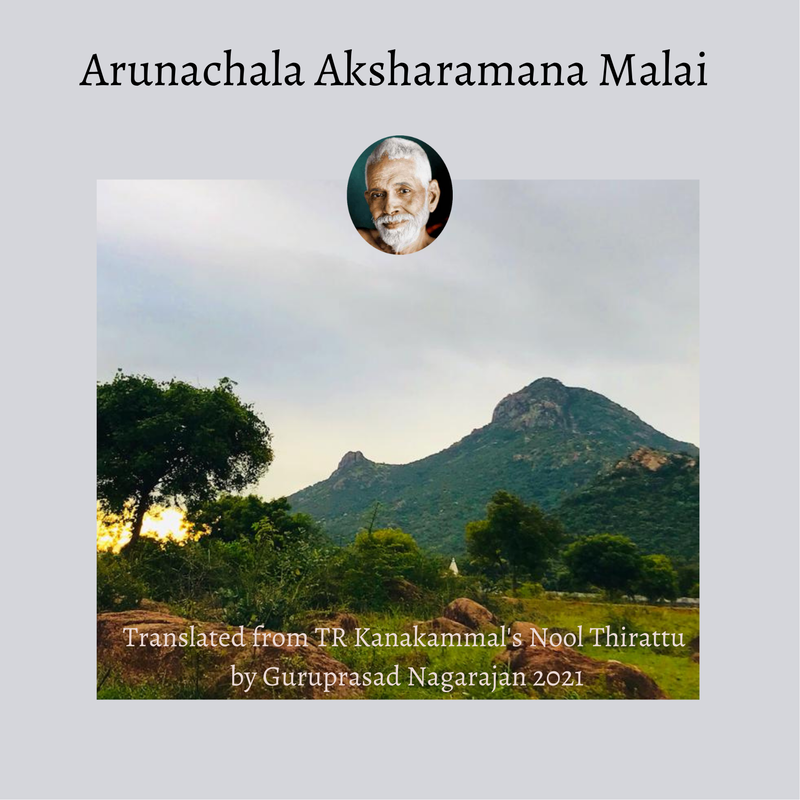
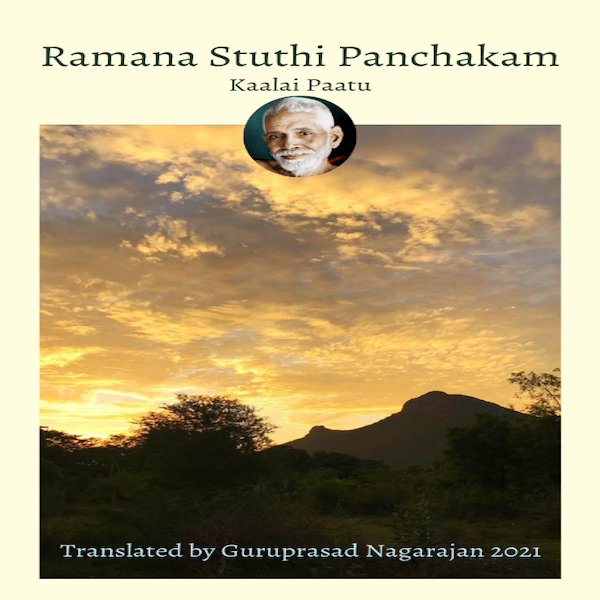
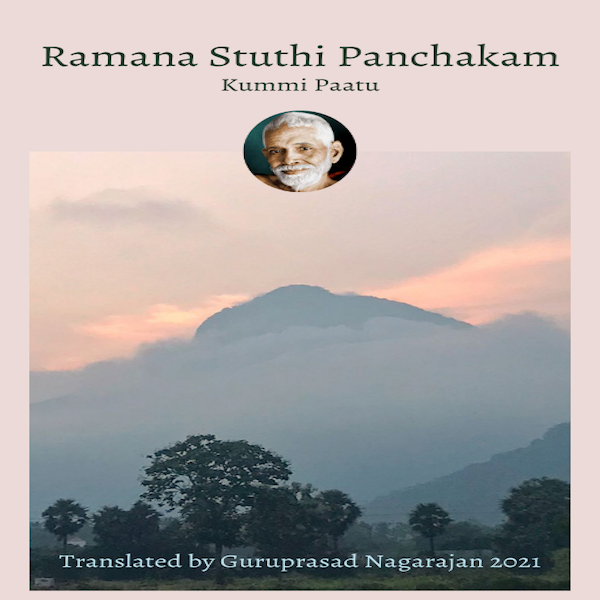
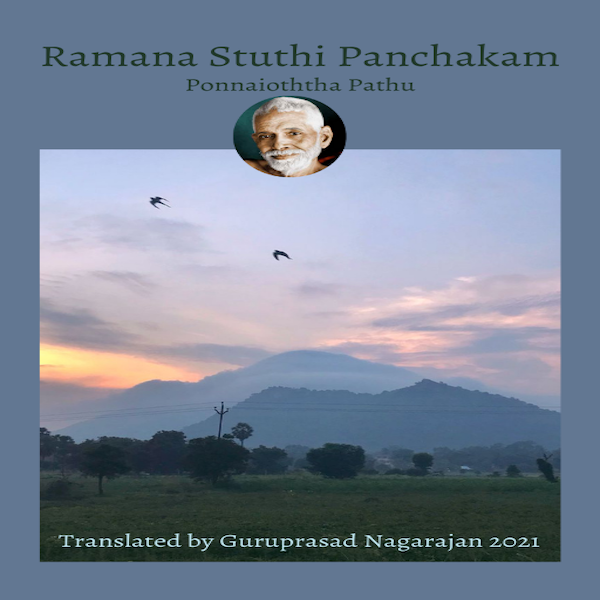
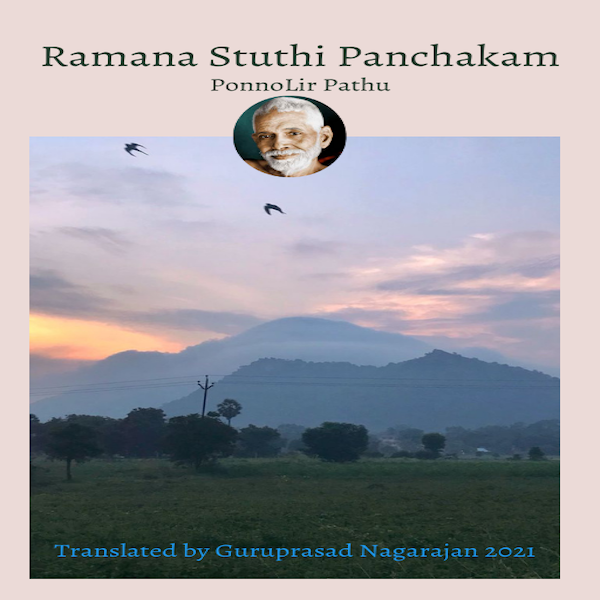
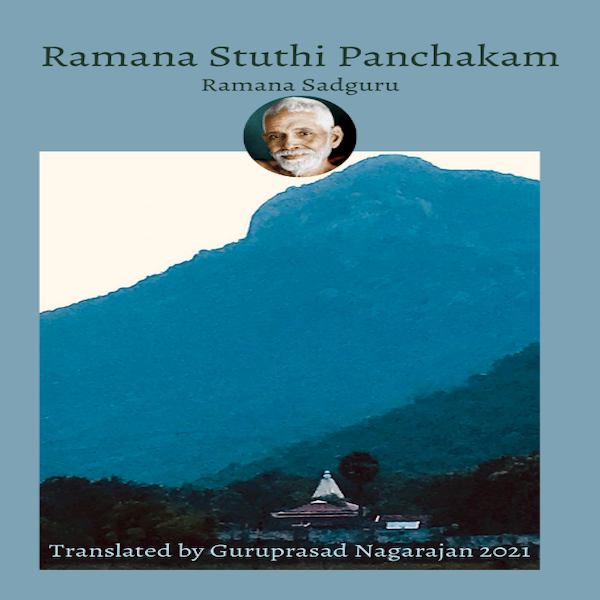
 RSS Feed
RSS Feed